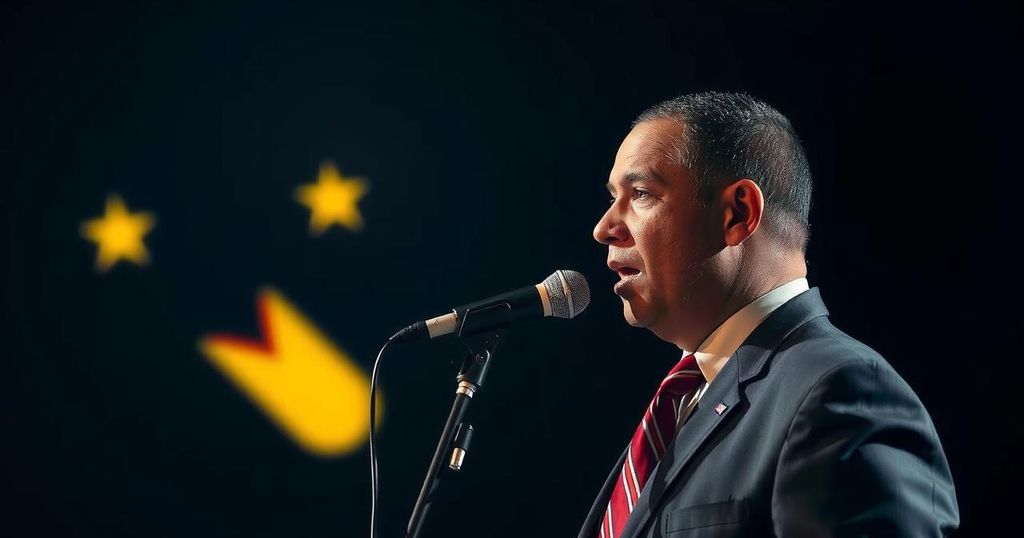Mauritius is conducting its national election amid serious wiretapping allegations. Approximately one million voters will decide the future leadership amid a backdrop of national unrest and widespread accusations of corruption. Prime Minister Jugnauth seeks re-election while opposition leaders exploit the controversy to rally support, all set against pressing issues of high living costs and civil rights.
Mauritius, a stable democracy, is conducting its 12th national election amidst serious allegations of government wiretapping operations, igniting national unrest. Approximately one million eligible voters will participate in this significant election, which is shadowed by leaked recordings that implicate key government officials in covert surveillance activities. While previous elections in Mauritius have been considered free and fair, the current political climate, exacerbated by claims of state-sponsored wiretapping, has raised concerns regarding transparency and citizens’ rights. In response to the controversy, Prime Minister Pravind Kumar Jugnauth, who is seeking re-election through the Alliance Lepep, has ordered judicial investigations into the leaked recordings and imposed, albeit briefly, a social media ban designed to “preserve national security.” His government hopes to maintain its majority, leveraging its economic recovery after the COVID-19 pandemic. However, public discontent surrounding high commodity prices and allegations of corruption presents significant challenges for the incumbent party. Opposition leader Navin Ramgoolam, head of the Labour Party, is leveraging the scandal to galvanize support, advocating for legal measures against wiretapping. Meanwhile, Nando Bodha of Linion Reform counters with calls for systemic change, appealing to younger voters dissatisfied with the longstanding political elite. As the election day approaches, core issues such as high living costs, rising crime rates, and widespread corruption continue to drive public discourse. The outcome of this election will not only determine the future of Mauritius’s leadership but also affect the stability and credibility of its democratic institutions.
Mauritius has enjoyed a reputation as a stable parliamentary democracy since its independence from Britain in 1968. The upcoming elections unfold against a backdrop of a significant wiretapping scandal, which has emerged in the form of leaked voice recordings implicating high-ranking officials. The political landscape is dominated by powerful parties such as the Militant Socialist Movement (MSM), the Labour Party, and the Mauritius Militant Movement (MMM). The ongoing socio-economic challenges, particularly with the rising cost of living, and concerns about corruption have become increasingly vital issues for voters to consider as they head to the polls.
The Mauritius election, amidst allegations of government wiretapping, signifies a pivotal moment for the nation. Prime Minister Jugnauth’s administration faces scrutiny over its handling of economic and civil rights issues, while opposition parties, particularly the Labour Party and Linion Reform, strive to capitalize on public discontent. Voter turnout will not only reveal the public’s stance on the current administration but also determine the possible trajectory of Mauritius’s democratic processes and economic policies in the years to come.
Original Source: www.aljazeera.com






